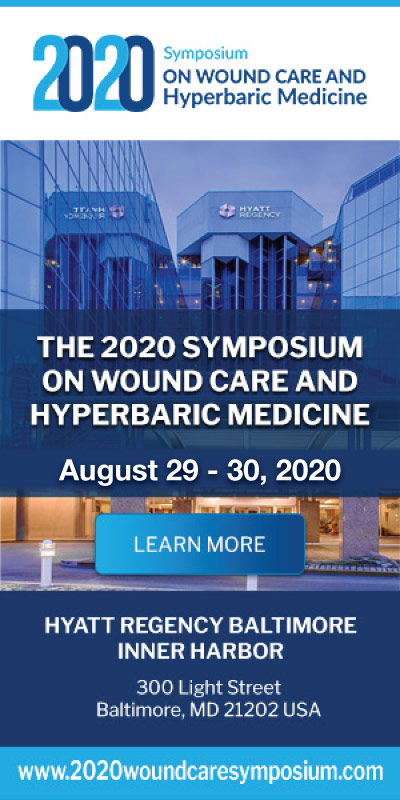June 2021
Sometimes, our bodies can be amazing. Other times, such as in cases of Idiopathic Sudden Onset Sensorineural Hearing Loss (ISSNHL), our bodies can do things that scare us. ISSNHL, a type of sudden onset hearing loss, comes on quickly and often without cause, which can be alarming.
Have you had sudden-onset hearing loss? Read on to learn more about what qualifies as ISSNHL and what to do if you experience this type of hearing loss.
What Is Idiopathic Sudden Onset Sensorineural Hearing Loss (ISSNHL)?
Temporary hearing loss or hearing impairment is more common than one might think. It often happens when participating in loud activities like lawn mowing, hunting, and music concerts. The inner ear experiences trauma when exposed to high levels of sound without protection. In return, a person might experience temporary hearing loss directly after the event.
Unlike these events, when a person loses their hearing without any known cause over a short period, this is known as Idiopathic Sudden Onset Sensorineural Hearing Loss, or ISSNHL. Although experts are still unsure why patients experience ISSNHL, many believe that circulatory damage within the ears is one of many causes. ISSNHL often happens suddenly and without context, even overnight. In some instances, patients experience a gradual hearing loss over a few days.
Could Blood Flow Be A Cause In My ISSNHL?
Your inner ear is the command center for sound processing. Just as all other parts of your body do, your inner ear needs access to blood flow to function properly. The blood vessels in the ears may be extremely sensitive, and therefore a lack of blood flow to the inner ear might cause the inner ear to stop functioning correctly.
When the inner ear isn’t working, your hearing is impaired. A lack of blood flow through the blood vessels in the ears may cause ISSNHL, which could inhibit hearing. If your hearing loss is related to circulation, oxygen therapy might help.
How Does Oxygen Therapy Help Hearing Loss?
When vascular disorders inhibit the flow of blood to the ears, seeking the help of hyperbaric oxygen therapy might help. Hyperbaric Oxygen Therapy (HBOT) is a type of non-invasive circulation-related therapy that may help improve the help of the vascular system overall, including specific parts of the body, like the blood vessels in the ears. HBOT therapy involves a patient breathing in pure oxygen a few times a week for several hours at a time.
When oxygen therapy is applied correctly to ISSNHL patients, they experience an improvement in their immune response, decreased inflammation in affected areas, and increased cellular repair. Additionally, HBOT helps increase oxygenation to low-blood flow areas, such as damaged or improperly functioning blood vessels in the ear.
Am I A Candidate For Oxygen Therapy?
A sudden hearing loss is more than just something you should be alarmed about — it is something you should see your doctor about immediately. Medical professionals can often remedy hearing loss, but the longer a person goes without hearing, the less likely they will fully recover from their hearing loss. Discussing treatment options with your doctor is an excellent way to ensure your hearing has the potential to recover fully.
For a consultation with one of our doctors, visit hyperheal.com.





Sorry, the comment form is closed at this time.